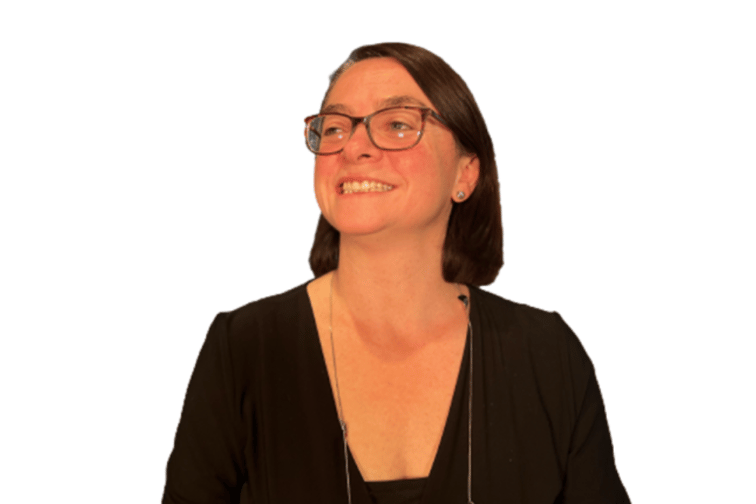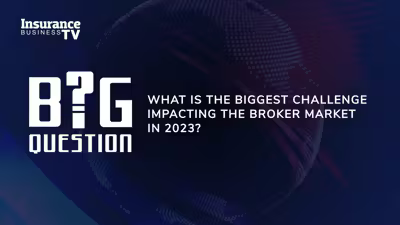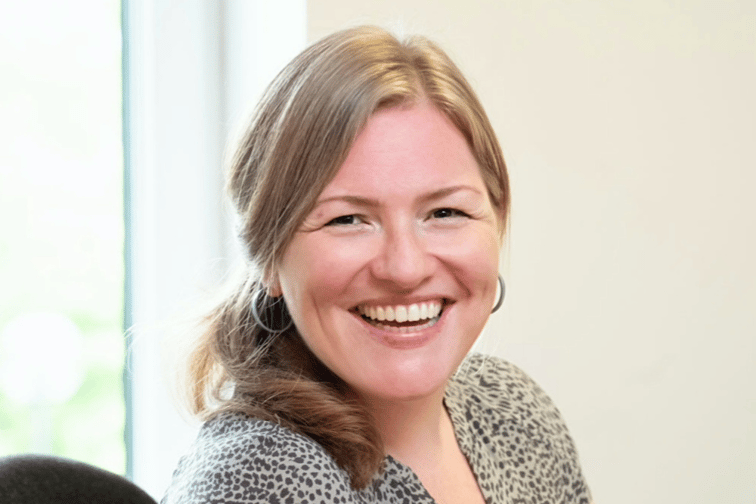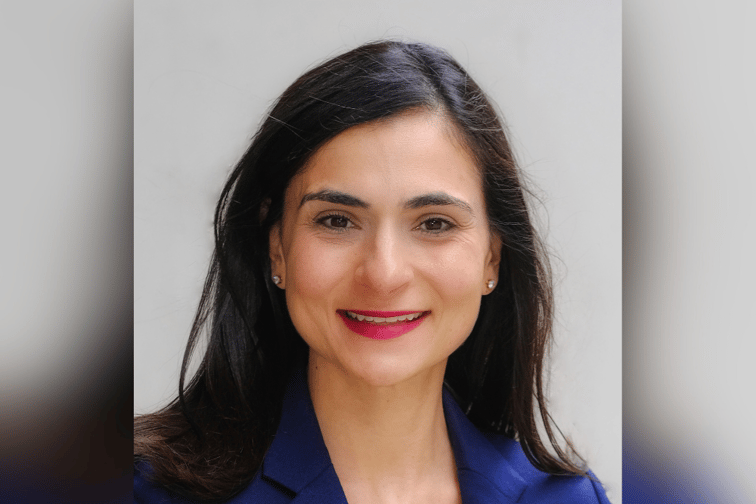
Product head highlights how the sector has evolved

With 20 years of underwriting directors’ and officers’ (D&O) insurance to her name, Emma Pereira (pictured), product leader, international management liability at Beazley, has worked with companies of every size and scale, and seen first-hand how the landscape has evolved.
The constantly changing nature of the market is what has kept her interest piqued for the last two decades, she said, with new companies and product lines continually emerging – and insurance businesses must keep pace with this evolution to enable enterprise. It’s why she feels so passionate about insurers investing in training programmes and being a voice in the market.
“I like that it’s constantly changing, and, having studied economics, seeing how it all fits in with the world around you,” she said. “There are new types of companies coming all the time, often in really fascinating cutting-edge science areas: whether it’s new developments around AI, or new medical innovations. And we like having the opportunity to try and support those businesses, to allow them to operate and keep doing the important work they’re doing.”
D&O insurance market changes
Assessing the current lay of the D&O land, Pereira noted that there has been a lot of change in the last few years. COVID changed the D&O market quite drastically overnight, she said, as businesses that were seen as low-risk suddenly moved into high-risk categories. Providers had to re-evaluate their portfolios to factor in potential additional claims volatility, and essentially to speculate what might happen in the broader external business environment and economy.
“In the last few years, prices went up quite a lot, while terms and conditions tightened,” she said. “We at Beazley did pride ourselves on writing all the high-risk accounts. We asked a lot of questions, but we stuck with clients and we picked up a lot of new business. We were trying to work and build new partnerships and relationships during that time when other markets either withdrew completely or pulled back on capacity.
“But now, with COVID behind us (touch wood), markets have come back in and there’s capacity again. Things are livening back up and there are more options out there, which is great for clients because it’s not a great situation when they have either zero options or just one. It’s a bit more competitive again, which is the condition needed for us to start coming up with new products and try to do something different to differentiate ourselves.”
During COVID, the emphasis was on emergency measures and business as usual, Pereira said, and she’s relishing seeing such a voracious appetite for innovation in the market. For Beazley, this includes its new private equity (PE) portfolio D&O product which looks to protect insureds through their full lifecycle, from company purchase through to divestment.
“The PE market is huge, with US$1.2 trillion in assets under management,” she said. “So, these are all companies that are owned by PE houses. And people think that these small private companies can just fit under a private company wording but actually, they do need a much more bespoke approach because they are quite a different beast in a lot of ways. I’ve always thought I’d like to develop this wording and this just felt like the right time.”
The coverage looks to insure its clients across the entire time in which they are owned by the PE house, she said, with an automatic renewal clause and some pre-agreed options for when the business exits.
“So, we’re taking a holistic approach to clients’ pricing and coverage requirements rather than providing a solution for one year and then changing the terms and conditions, and pricing the next year,” she said. “Typically, these life cycles are four-to-seven years but depending on the private equity house, they can be far longer or shorter. In D&O, policies don’t tend to cover a whole lifecycle, they are solid on an annual basis.
“And I think, particularly during COVID where certain companies had trouble getting cover and faced very volatile market conditions, there was a cry for a bit more sustainability and for someone to demonstrate consistency.”
Unique product features
Quite unique to the coverage is the introduction of key-person cover, she said, which is not typical in D&O policies but reflects that often small private companies are framed around one individual – whether it’s the founder, or the person behind the tech, etc. In the event of that person becoming incapacitated, the coverage offers protection. Another element is the addition of a legal advice helpline – essential support for small PE companies that don’t necessarily have the means to access expert legal advice.
At the core of the product’s development is a focus on what PE-backed firms are looking for, which is where broker feedback and communication have been so critical. As a result, Pereira said, the wording has already elicited a positive reaction across the marketplace.
“We’re having the conversations with brokers about what this means for their clients,” she said. “So, we’re letting the market know that we’re innovating, we’re coming up with different solutions and we are very much thinking about what our specific clients need. That has been generally very well received which is why after the trial run in London, we’ve started the rollout in our other territories.”
As a passionate advocate for increased education around D&O risk, Pereira emphasised how the narrative around the exposure of private companies to claims has changed. There’s now more awareness that claims do arise in this sector, she said, albeit not with the same frequency as other product lines.
“This cover does need to be taken seriously because it is serious cover,” she said. “When these directors and officers are held personally responsible, they can lose everything. They have to sell their house, their kids come out of private school and every asset they’ve got can be taken unless they’ve got insurance to protect them. And I wouldn’t sit on the board or as a director of any company without a policy there to protect me.”
Related Stories
Keep up with the latest news and events
Join our mailing list, it’s free!

This page requires JavaScript


















